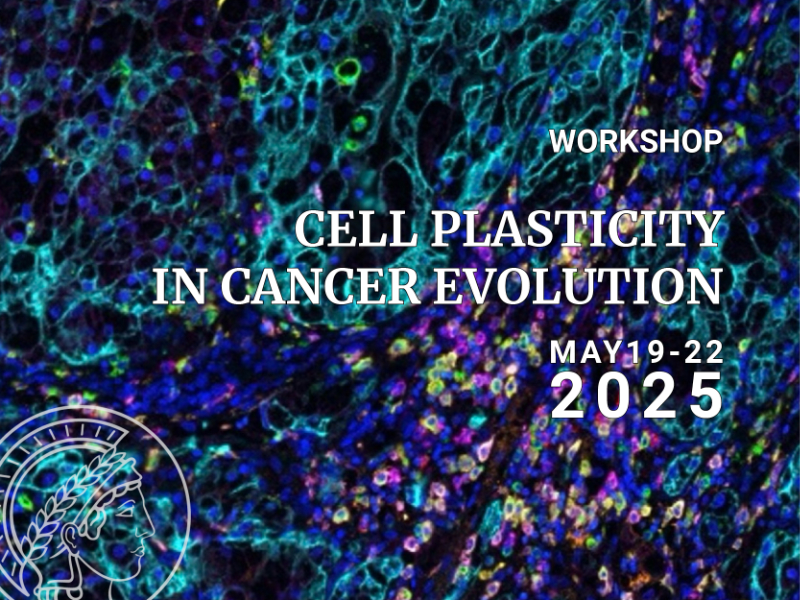Speaker
Description
Acute lymphoblastic leukemia (ALL) is a type of cancer in which the bone marrow produces too many lymphocytes without further differentiation into mature blood cells. The primary treatment for most ALL cases is chemotherapy; however, after the intense treatment phase, relapse is observed in some patients. Early-stage relapses might be due to some remaining leukemia cells not being detectable by conventional cytomorphology. The molecular tests on minimal residual disease (MRD) can quantify disease burden at relatively low levels, thus helping track cancer remission and relapse. We investigated the dynamics of residual disease to describe the observed response and relapse kinetics heterogeneity. We developed stochastic, patient-specific models based on longitudinal MRD data to further the understanding of the driving factors of relapse, aiming to quantify better prediction of likelihood and timing of relapse in individual patients based on individual treatment choices.

